Top 5 HubSpot Alternatives for 2025
Discover the best HubSpot alternatives to fit your business needs in 2025. Explore unique features, pricing, and user experiences to make an informed choice.
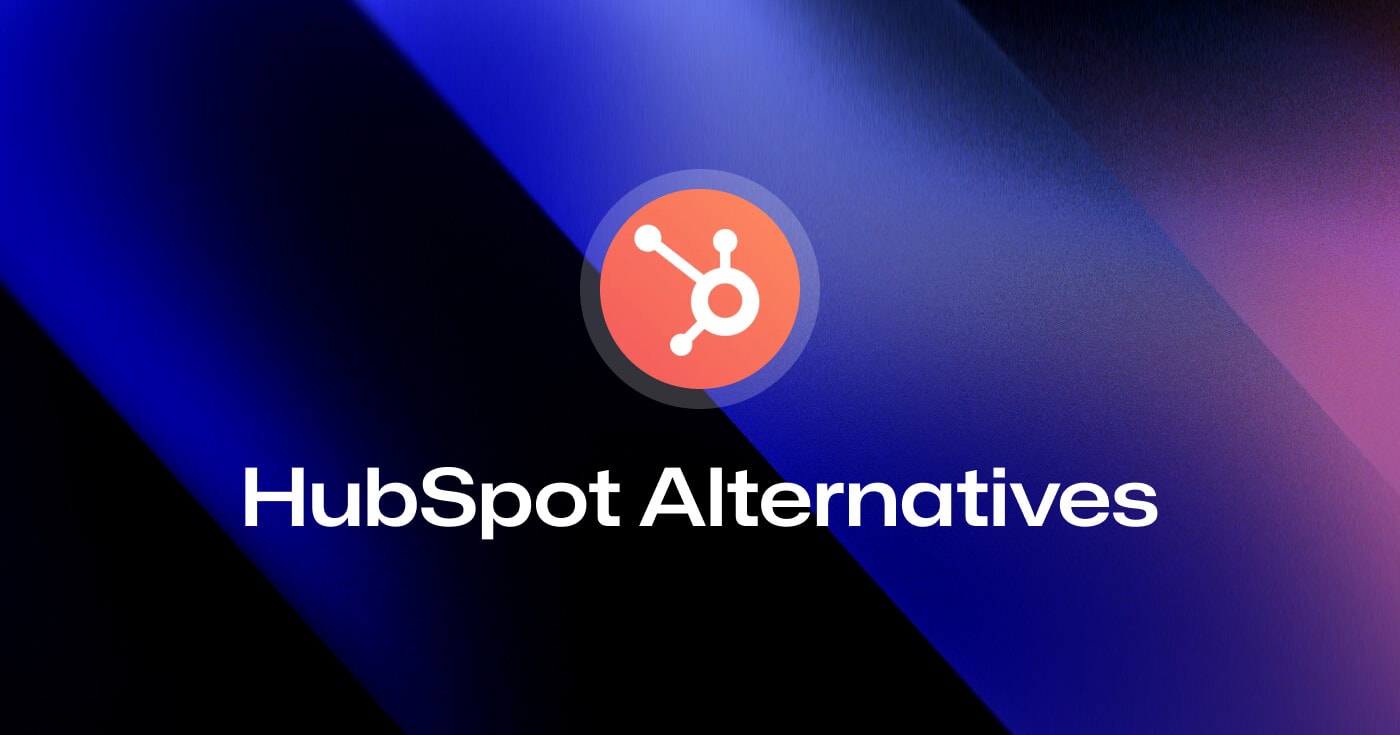
Discover the best HubSpot alternatives to fit your business needs in 2025. Explore unique features, pricing, and user experiences to make an informed choice.

HubSpot has emerged as a leader in the CRM and marketing automation space, offering an all-in-one platform that helps businesses manage their marketing, sales, and customer service.
It provides a wide range of features such as email marketing, social media management, and analytics, making it a go-to choice for many.
In fact, over 56% of companies are currently using marketing automation, with 40% of B2B companies planning to adopt the technology.
However, while HubSpot has impressive capabilities, it may not be the best fit for every organization.
User complaints about HubSpot often center around its pricing structure, complexity, and steep learning curve.
Many users have expressed a desire for more straightforward, cost-effective solutions that can be tailored to their specific needs.
According to reviews on G2, Capterra, and GetApp, common complaints include:
The objective of this article is to provide a comprehensive overview of the top alternatives to HubSpot, allowing you to make an informed decision based on your specific requirements.
While HubSpot is a powerful tool, it may not meet everyone’s needs. Here are some common user complaints that highlight why some are seeking alternatives:
Alternative | Best For | Key Features | Pricing | Free Plan | Platforms Available |
|---|---|---|---|---|---|
Large Enterprises | Customization, Analytics, Integration | Starts at $25/mo | No | Web, iOS, Android | |
Small to Medium Businesses | Lead Management, Automation, Reporting | Starts at $12/mo | Yes | Web, iOS, Android | |
Email Marketing | Email Automation, Templates, Analytics | Starts at $13/mo | Yes | Web, iOS, Android | |
Sales Teams | Pipeline Management, Insights, Reporting | Starts at $24/mo | No | Web, iOS, Android | |
Marketing Automation | Email Marketing, CRM, Automation | Starts at $15/mo | No | Web, iOS, Android |
Best for Large Enterprises Seeking Extensive Customization
Salesforce is a leading CRM platform recognized for its extensive customization capabilities, making it suitable for large enterprises with specific needs.
Users appreciate its robust analytics and reporting features, which help in making data-driven decisions.
Salesforce’s integration capabilities allow seamless connections with various applications, improving workflow efficiency.
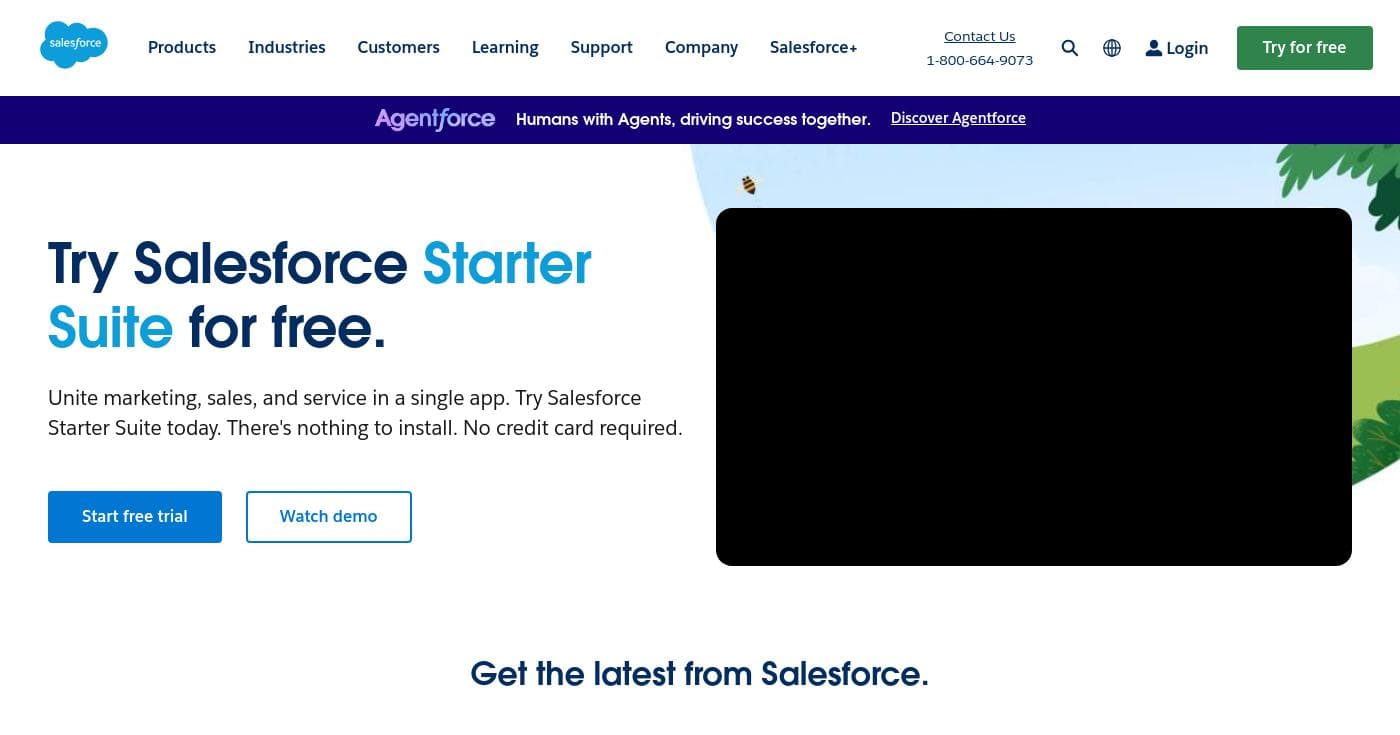
Salesforce offers a wide range of integrations with popular tools, ensuring a seamless workflow. For a complete list of integrations, visit their integrations page.
Salesforce pricing starts at $25/mo for the Essentials plan. For more detailed pricing information, check the pricing page.
Best for Small to Medium-Sized Businesses Looking for Cost-Effective Solutions
Zoho CRM is an excellent choice for small to medium-sized businesses seeking a cost-effective solution without compromising on features.
It offers a user-friendly interface and essential CRM functionalities, including lead and contact management.
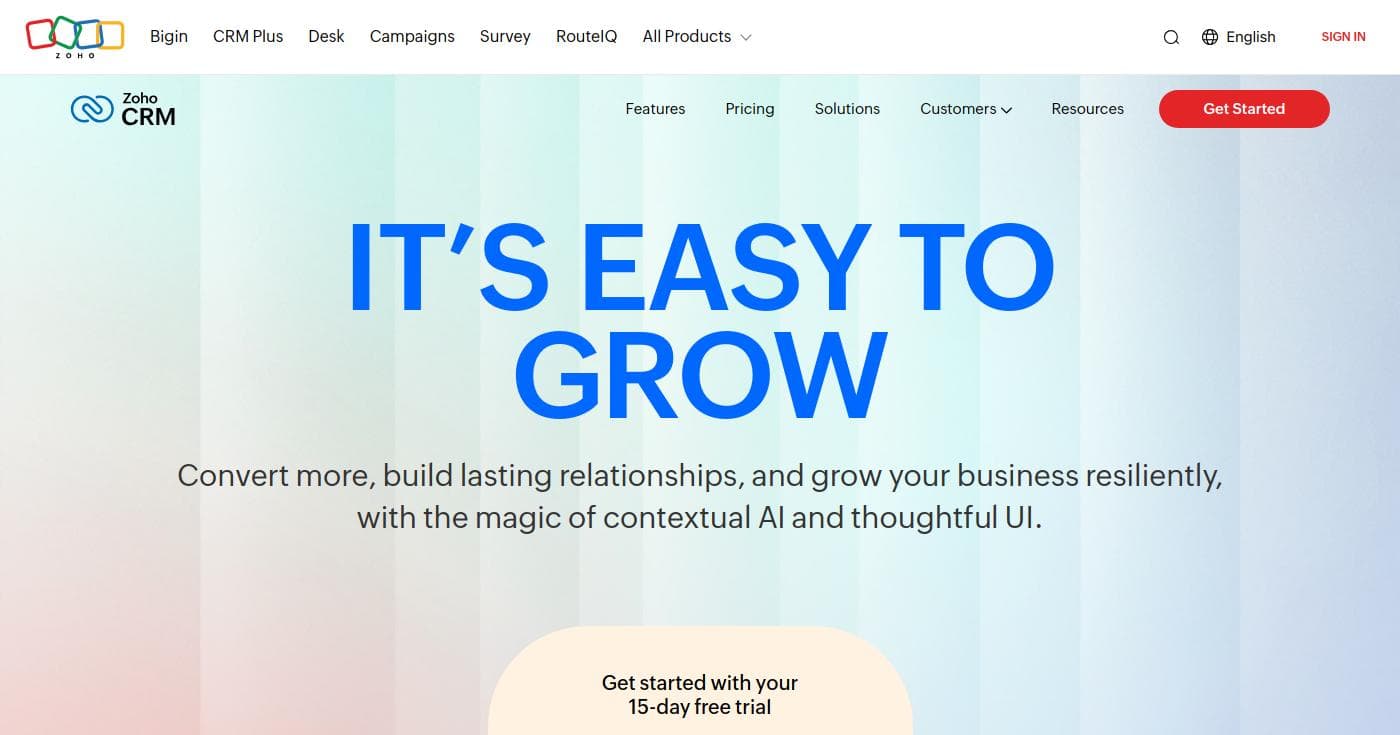
Zoho CRM integrates well with various applications, enhancing its functionality. Check out their integration options.
Zoho CRM pricing starts at $14/mo. More details can be found on their pricing page.
Best for Businesses Focused on Email Marketing Automation
Mailchimp has become synonymous with email marketing.
It provides businesses with powerful tools to create effective email campaigns, manage subscribers, and analyze results.
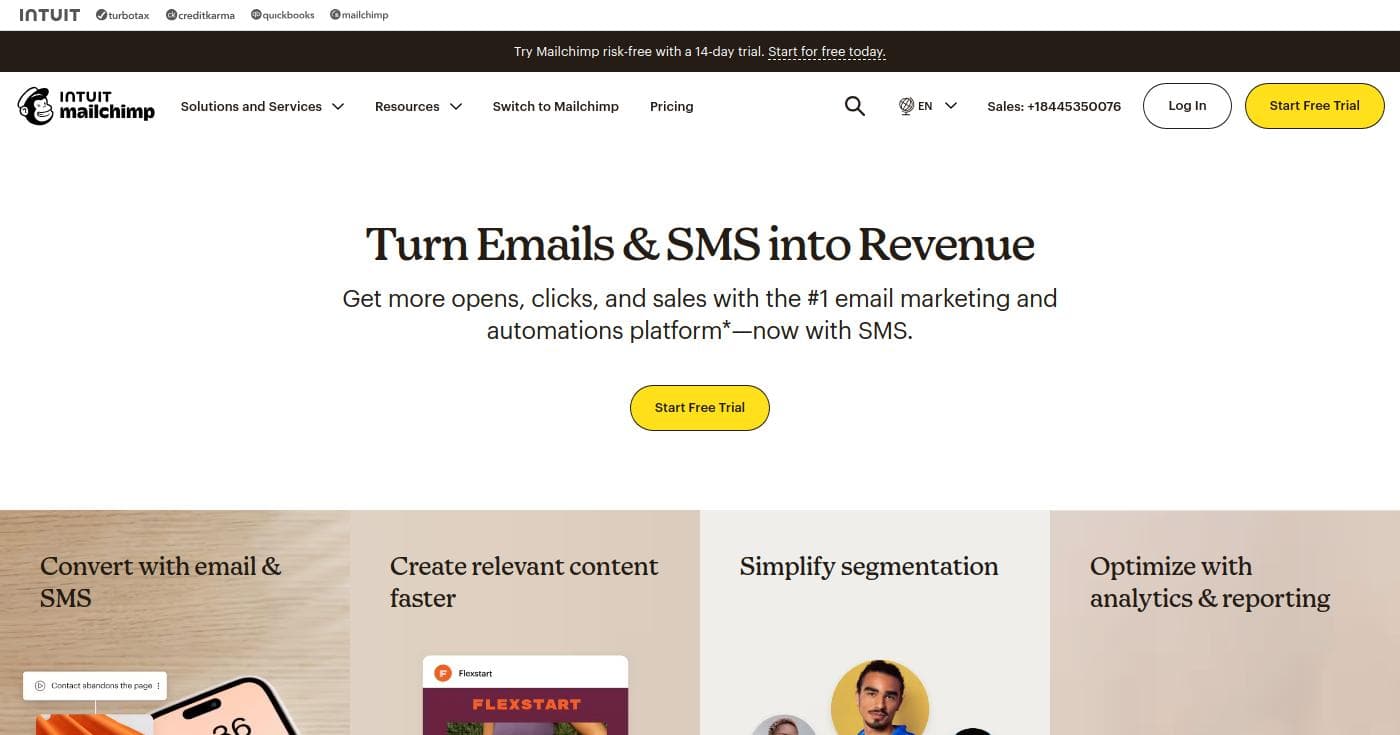
Mailchimp offers integrations with numerous platforms, enhancing its usability. Visit the integrations page for more information.
Mailchimp pricing starts at $13/mo for the Essentials plan. For more details, see their pricing page.
Best for Sales Teams Requiring a User-Friendly CRM Solution
Pipedrive is known for its sales-focused approach, providing a user-friendly interface and tools that help sales teams close deals effectively.
Its pipeline management feature is particularly appreciated.
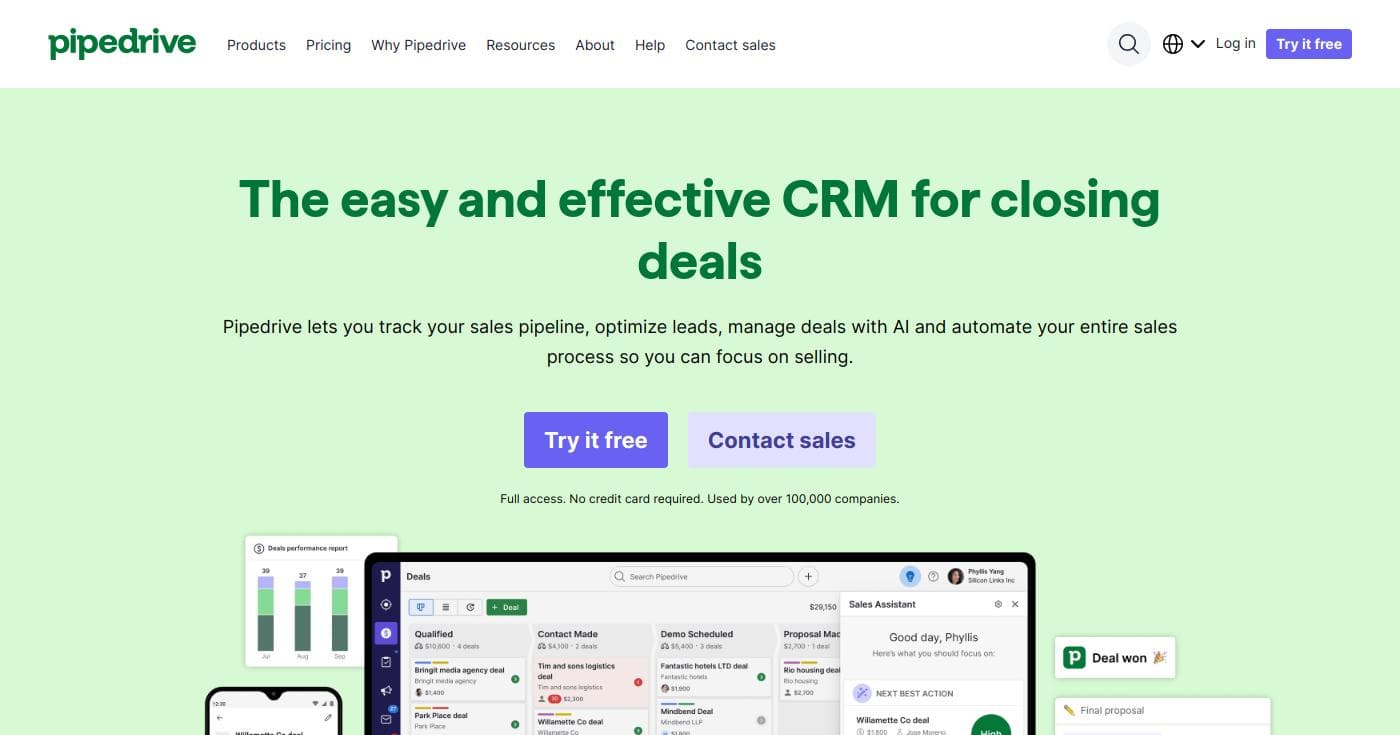
Pipedrive integrates with numerous applications, making it versatile for sales teams. Check the integrations page for more details.
Pipedrive pricing starts at $24/mo for the Essential plan. More information can be found on their pricing page.
Best for Businesses Needing Advanced Marketing Automation Features
ActiveCampaign specializes in marketing automation, combining email marketing with powerful CRM functionalities.
It’s an excellent choice for businesses looking to enhance customer engagement.
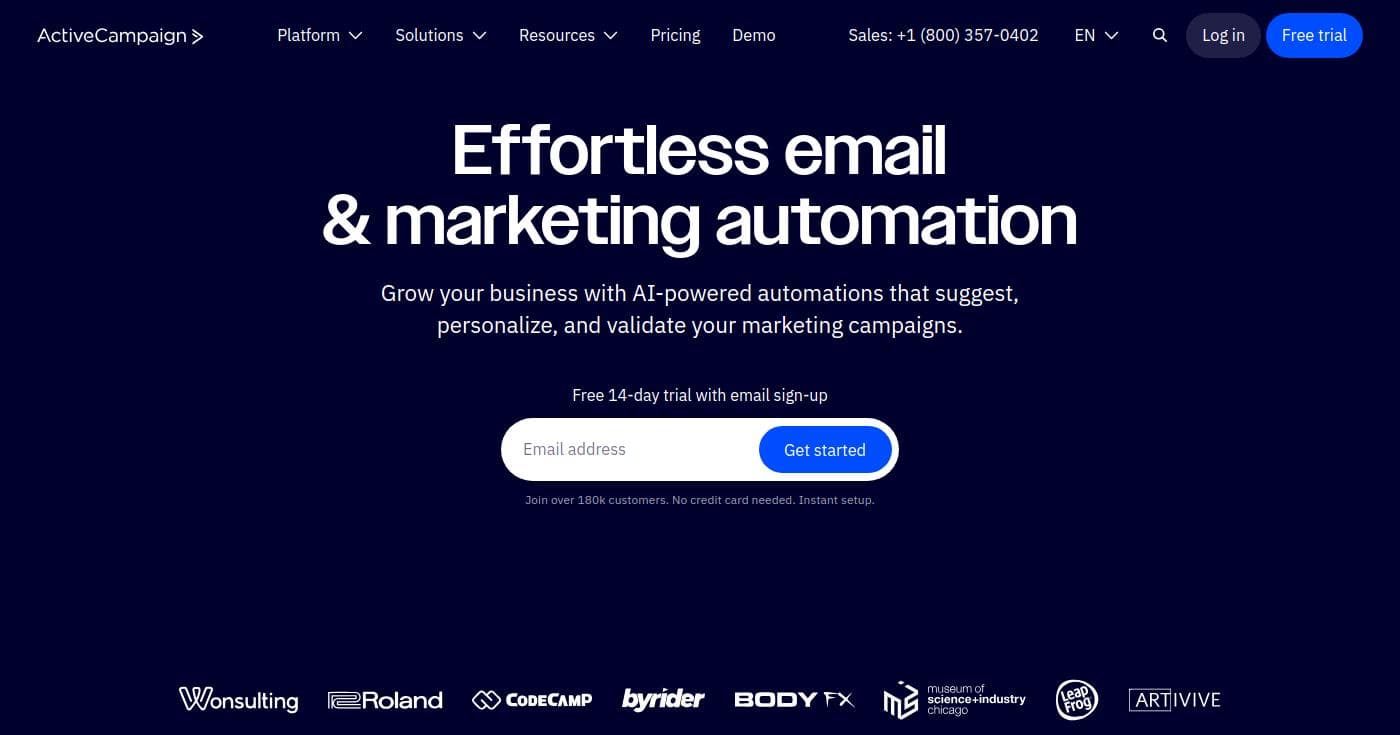
ActiveCampaign integrates seamlessly with various platforms, providing additional functionality. For a complete list, visit their integrations page.
ActiveCampaign pricing starts at $15/mo (1,000 contacts) for the Starter plan. For more details, check their pricing page.
Selecting the ideal HubSpot alternative depends on your specific requirements and use case. Consider these crucial factors:
For small businesses, Zoho CRM and Pipedrive are often considered the best alternatives due to their affordability and essential features.
Pricing varies significantly between HubSpot and its competitors, with alternatives like ActiveCampaign and Mailchimp offering lower entry points while still providing robust features.
Yes, tools like Zoho CRM offer free plans with limited features, which can be suitable for small businesses.
HubSpot’s limitations often include its pricing structure and complexity, which can be challenging for smaller teams or those with simpler needs.
Look for features that align with your business goals, such as marketing automation, lead management, and customer support tools.
When considering alternatives to HubSpot, it’s essential to evaluate each option’s unique strengths and weaknesses based on your business needs.
Tools like Salesforce, Zoho CRM, Mailchimp, Pipedrive, and ActiveCampaign offer various functionalities that may better suit your requirements.
Take the time to assess your needs, and don’t hesitate to explore these top picks to find the right fit for your organization.
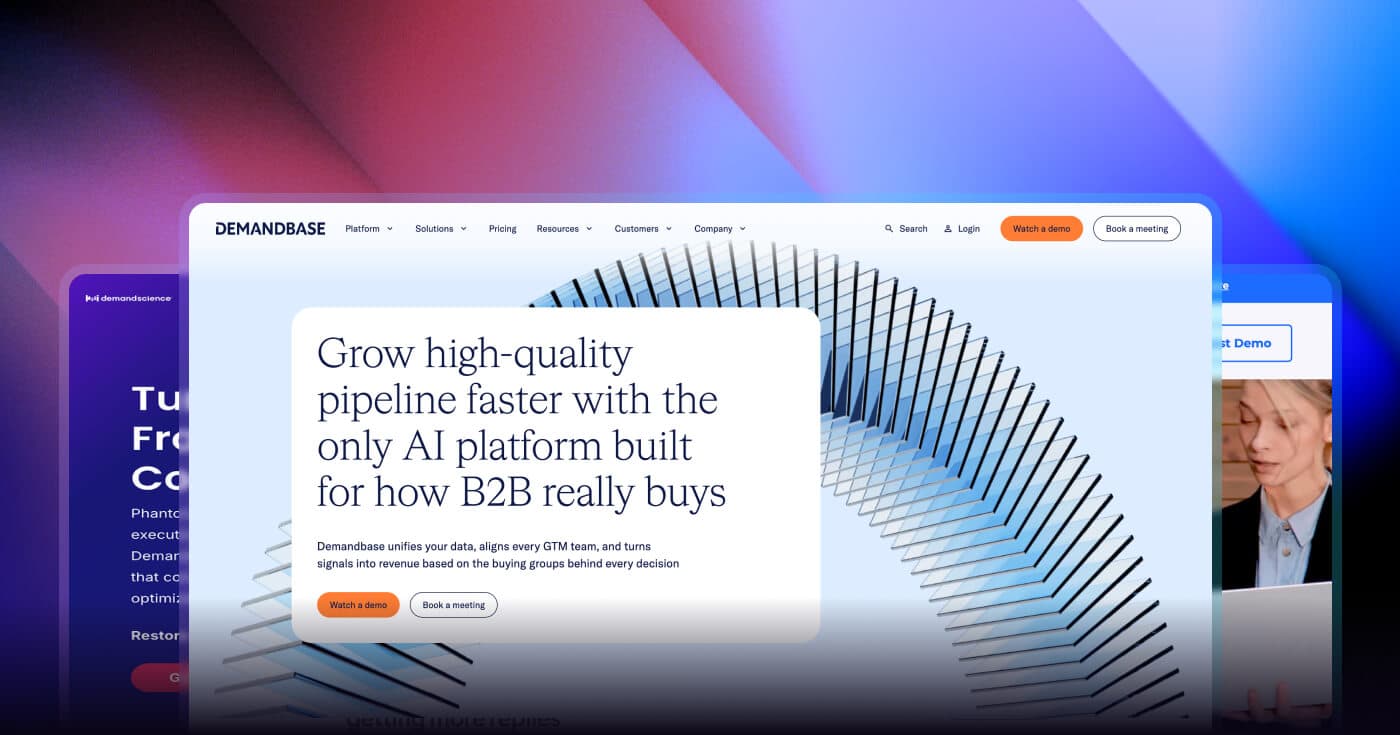
Discover the 9 best account-based marketing platforms for 2026. Compare features, pricing, and key capabilities to find the right ABM solution.
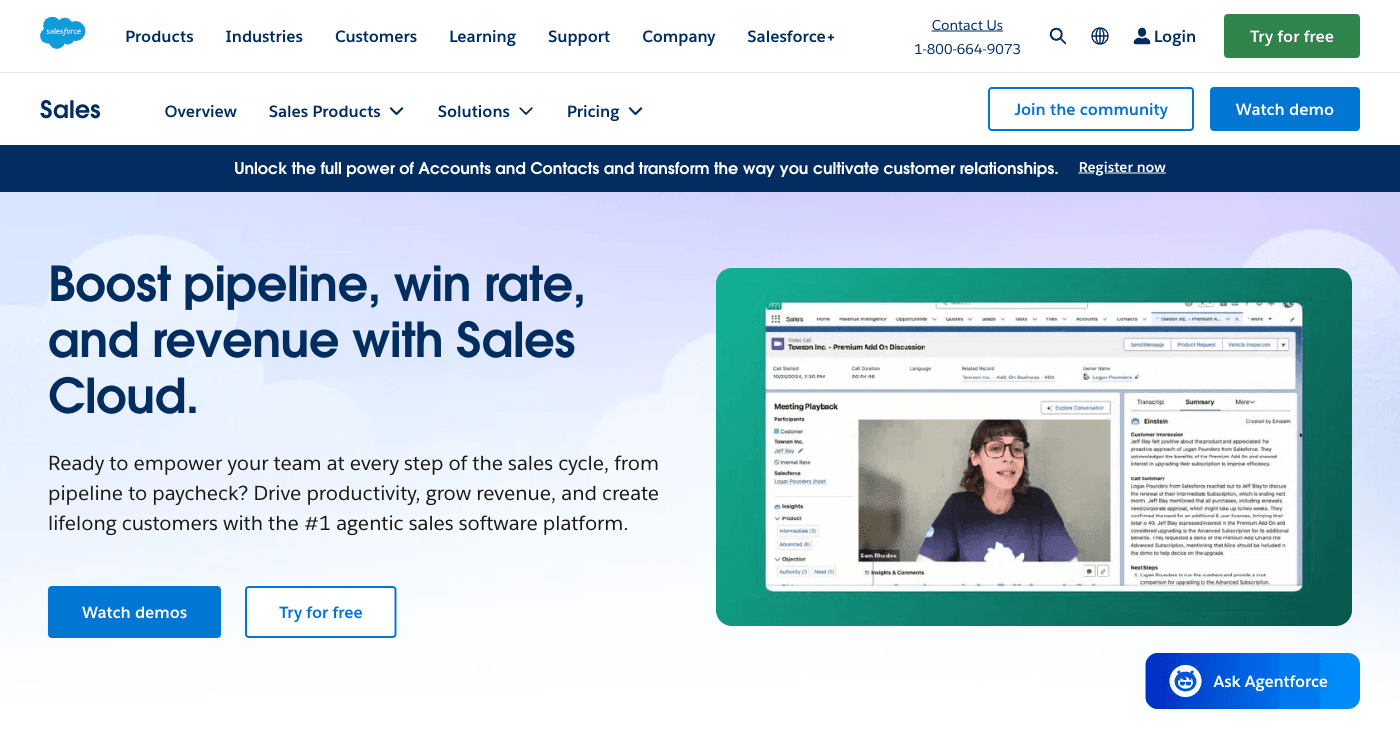
Discover the 12 best AI CRM platforms for startup founders in 2026. Compare features, monthly pricing, and automation tools to scale your customer relationships efficiently.